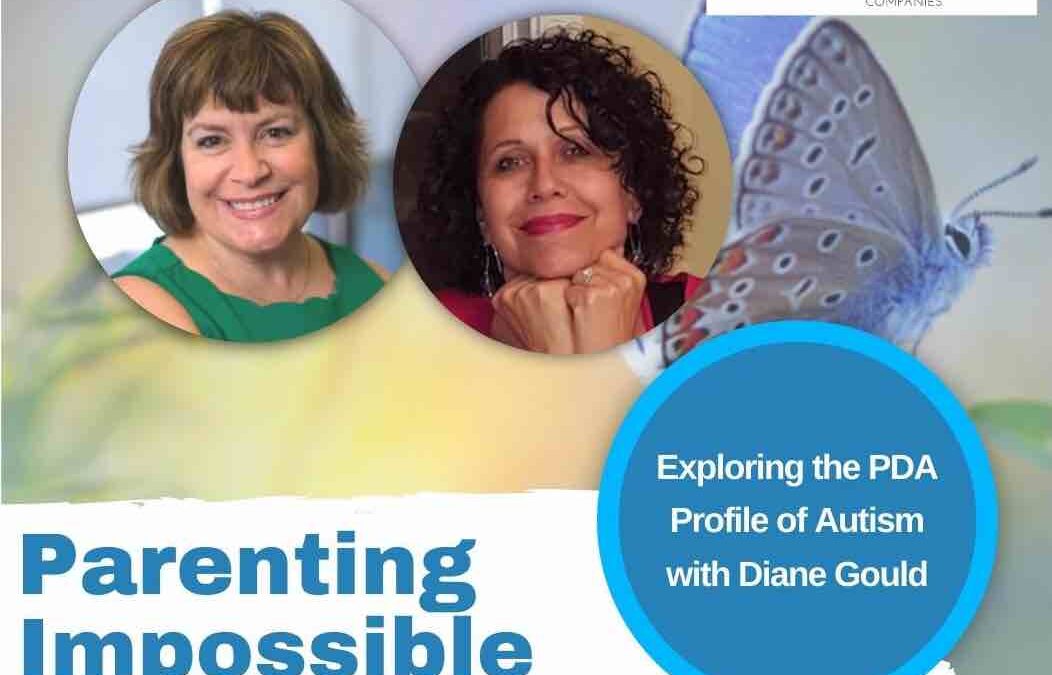What is PDA? New to the United States, Pathological Demand Avoidance (PDA) Syndrome is a small, distinct profile of autism characterized by avoiding demands and expectations due to an anxiety-based need for control.
Our recent Parenting Impossible podcast guest, Diane Gould, is the founder of PDA North America and the first American professional with a certification in Pathological Demand Avoidance Syndrome. She notes that those with PDA (PDAers) often experience panic attacks that appear to the outside world like meltdowns or problem behavior due to being easily triggered by stimuli. Unfortunately, many professionals respond to these children’s emotional events with traditional interventions like talking or crowding that escalate or worsen the behavior. Furthermore, due to the reactionary nature of PDAers, children with this profile have behavior that causes challenges for others and elicits a judgmental and advice-giving response from the outside world. Then parents feel like they have to respond and comply with the advice in order to find a solution for their child’s challenges and get the needed help from professionals. Read more about the tendencies of the PDA autism profile in Gould’s guest article on our companion site: PDA, have you heard of it? It is not what you are thinking
So how did Diane Gould learn about PDA and pursue a specialization in this autism profile? Like many things in the autism world, she started learning about this process because a parent pushed it. Through her research and studies with professionals in the United Kingdom, Gould was fascinated to find behavior characteristics that helped explain the difficulties she witnessed in her therapy practice and experience serving in education with children with autism. She presented her first podcast in the United States about PDA in December 2019, and then her organization offered their first North American PDA workshop in Chicago in March of 2020, which resulted in the creation of her organization, PDA North America due to the overwhelming enthusiasm of parents and professionals alike in response to the workshop.
Gould notes that what most families need is someone to listen and validate their feelings. Her points about working with professionals are good reminders: “finding quality services should not be the most difficult part of parenting,” and “the journey to understanding your child shouldn’t be made harder by professionals.”
Learn more about the PDA autism profile on the PDA North America site: www.pdanorthamerica.com

